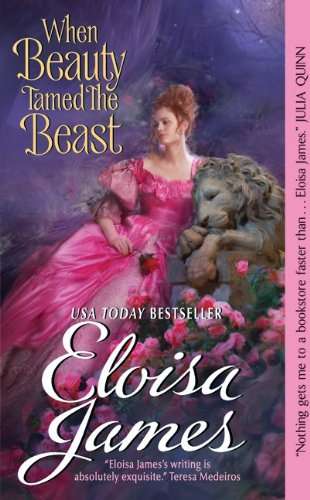
The Long and Shortcomings of Genre Conventions
Written by: Beth Woodward, CC2K Books Editor
 A few weeks ago, I read a historical romance novel. The epilogue took place about 40 years after the rest of the book, and it featured the heroine at the graveside of the hero. I was livid.
A few weeks ago, I read a historical romance novel. The epilogue took place about 40 years after the rest of the book, and it featured the heroine at the graveside of the hero. I was livid.
You have to understand, one of the conventions of romance is that the book ends happily for the primary couple. Yes, we all understand logically that they will die someday (unless it’s a paranormal romance, then that’s a different story), but we don’t want to see that part. Happily ever after—or at least, happily for now—is the expectation in romance.
It got me thinking about genre conventions.
Within each genre, there are certain conventions that are expected to be followed. Some are stricter than others—romance and mystery, for instance—but all must be followed for a book to fall in to a certain genre. Let’s take romance as an example. When you pick up a romance novel, you know the primary storyline will be a romantic relationship. It could be set in a historical, fantasy, or contemporary context, it can be very clean to very hot, but the romance will still dominate the story. You also know the romance will resolve happily. That’s why, for example, Nicholas Sparks’ books are not filed under romance, despite being very heavily romance-themed: most of them don’t end happily.
But are genre conventions actually inhibiting writing, limiting innovation? I mean, what’s to say a romance should always end happily? Who’s to say that, at the end of a mystery, the central mystery should always be resolved?
That depends.
I’ve argued before in favor of disintegrating genre barriers, and I still think the artificial distinctions we make between “literary” and “genre” fiction are problematic. But the fact remains that if someone is in the mood to read a romance, or a mystery, or a fantasy, they need to have ways to find these books. With online book shopping becoming more and more common, the idea that we’re going to eliminate such convenient filtering tools is unfathomable.
That said, I think sometimes expectations and conventions are placed on a genre when they shouldn’t be. Let’s take romance again—easy enough, since I’m familiar with the genre. Go into the romance section and pick up a book. Let’s say it’s a historical romance. I’d bet money that book either takes place in Regency England or the Scottish Highlands. Oh, maybe there will be one or two set in the American West with cowboys. Why those eras and settings? Why not medieval times or non-Western countries? Because these have proven to be popular. All it will take is one medieval Asian romance to break through, and suddenly we’ll see a ton of medieval Asian romances popping up all over the place.
Sometimes it’s nice to know what I’m getting before I read it, and when I read that romance a few weeks ago I was very disappointed. On the other hand, I’d hate to see the genres stagnate because innovation is not encouraged in the writing world.
